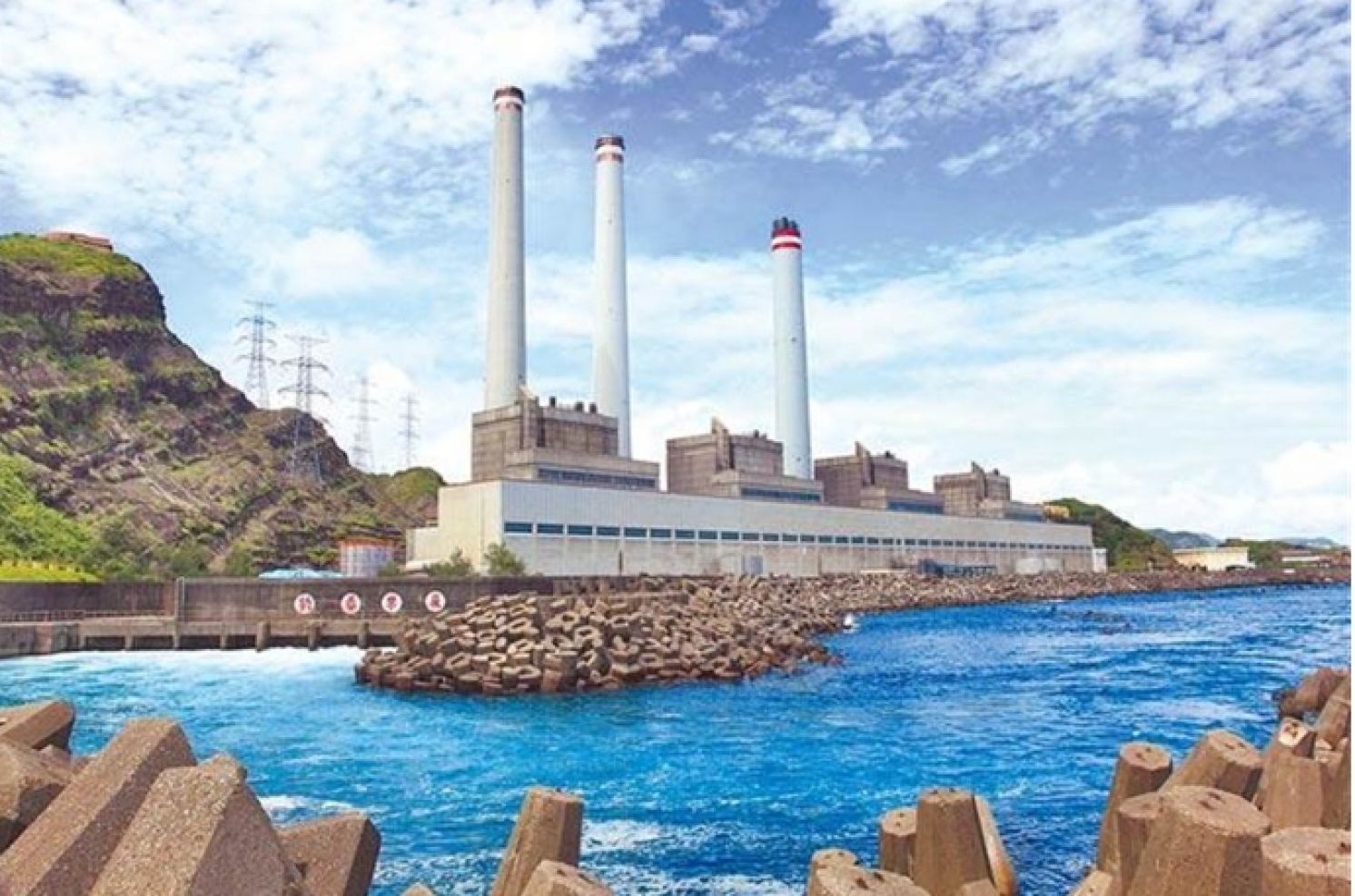
Curse of "Nuclear-Free Homeland" Trampled the People and Land
United Daily News Editorial, February 3, 2023
The “Keelung Seafront Protection Referendum” which sparked a battle between the Keelung City Government and the Ministry of the Interior (MOI), is highlighting that under the Nuclear-Free Homeland" policy of the administration of President Tsai Ing-wen, Taiwan is facing a power shortage crisis accompanied by the high cost of environmental hazards. In our recent memory, in 2021 Taiwan had just completed a referendum vote on algal reefs which forced the public to choose between energy and the environment. Now the issue of the Taiwan Power Company (Taipower) Hsieho Thermal Power Plant’s Fourth Receiving Station of natural gas in Keelung has surfaced due to the local referendum proposed by civil groups. The people once again face a choice, and the society has once again fallen into turmoil.
However, what is far more complicated than building the Third Receiving Station of natural gas is that the planned location of Taipower’s Fourth Receiving Station, a land to be reclaimed from the seafront area nearby the Keelung Port, is not only closer to the local residential areas, but it may also affect the life of local fishermen in the future and even the operation of Keelung Port. Its impact will equally affect all Keelung City citizens. The impact of the Fourth Receiving Station, compared with the Third Receiving Station is far more damaging in size and scale, and thus forms a strong confrontation between the central and local governments.
Hoping to have a say in this issue, the Keelung citizens started a referendum proposal in June last year, but the official approach to the proposal is not to respond directly to the public opinion and analyze the pros and cons with the general public but procrastinate in giving a response. The Keelung City Government led by former mayor Lin Yu-chang tacitly cooperated with the Tsai administration, and technically held the proposal until the end of the local elections in November last year. After the election, as the Keelung City Government reshuffled, the MOI promptly completed the review and determined that the referendum on protecting the seafront was not a matter of local autonomy.
Before the handover, the Keelung City Government did not even inform the referendum leaders of the MOI’s official review right away. Instead, it waited until the new city government team came to power to have a contact window to inform the leaders of the referendum.
All of this clearly shows the “head in the sand” mentality of the ruling party. It keeps dodging controversy and avoiding questioning. It makes people speculate that the government hopes the Fourth Receiving Station construction is finalized just after the environmental impact assessment was done, all while the general public was not paying much attention just like in the Taipei Dome case.
Why is the government so afraid of civic discussion? It is mainly because the government worries that more communication will delay the transformation of Hsieho Thermal Power Plant. If the Hsieho Thermal Power Plan fails to catch up in time, power supply for northern Taiwan may be in jeopardy.
This undoubtedly reveals the fact that Taiwan's energy policy has been bound by the mantra of "Nuclear-Free Homeland". Under such circumstances, it is impossible to expand nuclear power plants, and the current nuclear power plants in use will not be extended once its designated lifespan is up. The nation-wide power generation is tied to a timetable that cannot be modified; if there is a slight deviation, then there will be an immediate risk of power shortage. However, such a tight timetable squeezes out the time for coordination between the central and local governments, and communication between the government and the public. Everyone must simply accept it. In the process, not only the environment has been trampled on, but also the rights and interests of residents.
The banner of “Nuclear-Free Homeland” overshadows our deliberative democracy in which the people can only choose between energy and other values. Taiwan's energy issue remains stuck in an infinite loop because there is no open discussion on other options.